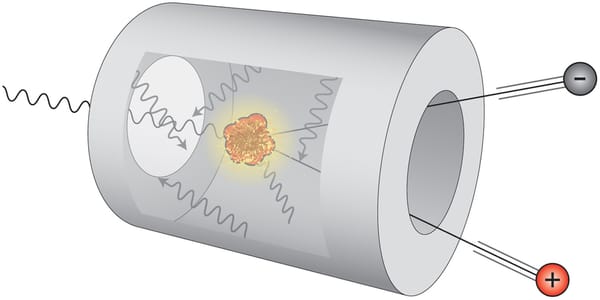Does watching violence on TV make men more violent?
New research has shown that men watching more violence on television could result in stunted in brain development, and the inability to control impulsive behaviours, including aggression.

New research has shown that men watching more violence on television could result in stunted in brain development, and the inability to control impulsive behaviours, including aggression.
A study, ran by a top brain journal, used brain imaging techniques to measure the mental abilities and volumes of key brain regions for a group of men, specifically chosen due to the fact that they don’t play video games but still watch TV.
The young men kept a diary of what they watched on the TV for a week, and completed further psychological tests to measure memory, attention and inhibitory control.
It was found that the more violent TV viewing the men indulged in, the more likely they were to be less attentive, and were less able to control their cognitive function.
Not only that, but there appeared to be an actual structural difference in the brains of those that enjoyed the violent content of television shows.
Lead author Tom A. Hummer, Ph.D., assistant research professor in the IU Department of Psychiatry, said of the study: “When we looked at the brain scans of young men with higher violent television exposure, there was less volume of white matter connecting the frontal and parietal lobes, which can be a sign of less maturity in brain development.”
White matter of the brain insulates and protects nerve fibres, they allow different parts of the brain to connect and interact with each other. Usually, this white matter volume increases as the brain makes more connections throughout development, up until the age of around 30. These connections are important for executive functioning of the brain, which includes formulating plans, make decisions, reason and problem solve.
“The take-home message from this study is the finding of a relationship between how much violent television we watch and important aspects of brain functioning like controlled attention and inhibition,” Dr. Hummer said.










